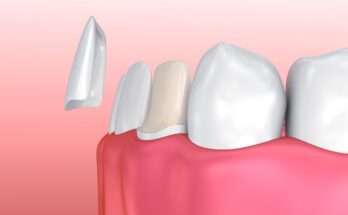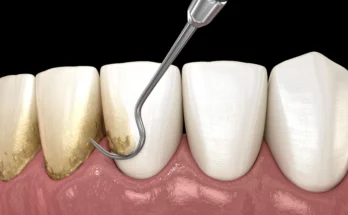When you have a gap due to missing teeth, it is easy to think that the only solutions your dentist can provide are implants or dentures. The NE Philly implant supported dentures are one of the latest to solve that gap between the two techniques.
Conventional dentures have advantages, while implant-supported options also have advantages. Let’s compare the two to help you make an informed decision about your oral health needs.
What Are Traditional Dentures?
A conventional denture has a set of false teeth joined to a base, usually plastic. They rest over the gum line and are removable for hygienic purposes. Because they are not secured to the jawbone, conventional dentures can become dislodged while performing activities such as speaking or chewing, a problem that does not arise with real teeth. Problems arising from using traditional dentures include difficulty eating, sore mouth, pain, and speech impediment.
What Are Implant-Supported Dentures?
Dentures secured with implants solve many of the problems encountered by conventional implants. They do not shift when one is eating or talking, and replacing teeth with dental implants is the only replacement that encourages bone growth rather than degenerating the bone of the jaws. The implant is a titanium screw where the tooth root is replaced. The implants are inserted deep into the jawbone, providing a strong base for singular crowns or complete denture prostheses.
Differences
-
Changes in the mouth
In anatomy, resorption refers to the loss of bone density and the redistribution of calcium to areas that need it more. This leads to changes in the jaw’s contour and an older, hollow appearance of the face. Osseointegrated dental implants mimic natural tooth roots, helping to prevent changes in the oral cavity caused by bone resorption and atrophy.
-
Permanence
Traditional dentures do not adjust to changes in the jaw due to resorption and will hence not fit correctly over time. Because of this, you will need to have them relined or remade after every five to seven years. On the other hand, dental implants, once installed, are for life.
-
Care
Conventional dentures are removed for cleaning, or a muscle-entertaining and mouth-embedded device is soaked in a cleaning solution overnight. On the other hand, implant-retained prostheses may be subjected to regular cleaning, including brushing and flossing, as the dentures themselves.
-
Function
Conventional prosthetics are often more mobile than the wearer would wish, particularly when chewing or talking. Sometimes, the prosthetics fall off completely out of one’s mouth. An acrylic or plastic cover for the upper plate helps enhance its grip in the mouth compared to the lower plate. However, this is because it blocks the upper part of the mouth and food entering it so that food taste can be altered.
-
Cost
For centuries, people have used conventional dentures. Even though some innovations have been integrated in recent years, the fundamental idea has not changed much. Hence, they are the cheapest alternative. Implant-supported dentures are very recent technologies, only a few decades old. Like this and the technique of putting them, this is why they are more costly.
Conclusion
Traditional dentures are also cheaper and quicker to obtain. Dentures anchored on implants work better and are more comfortable than other dentures. If you are looking for a long-term investment in oral health, ask your dentist if implant-supported dentures are the best for you.
Bear in mind that the implant-supported type is relatively more costly and takes longer to fix than the traditional dentures, but the advantage comes in that you do not need as much routine care and, most of the time, appear more like real teeth.




